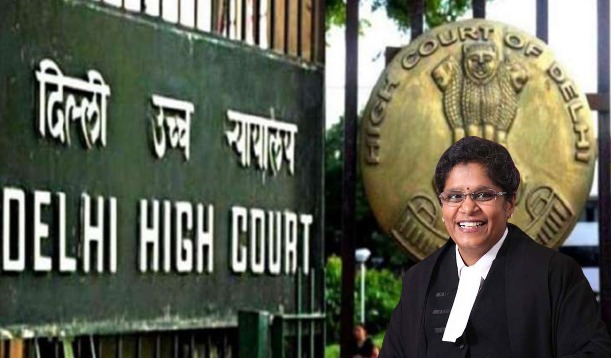
Justice Prathiba M Singh of the Delhi High Court recused herself on Wednesday from hearing a petition filed by a group of tech start-ups seeking direction to Google to keep its new in-app billing fee system in abeyance.
The single-judge ordered that the petition filed by the Alliance of Digital India Foundation (ADIF) be heard by a different bench on April 18, subject to the Chief Justice’s directives.
According to the petition, Google formerly required app developers to utilize its payment system, Google Play Billing System (GPBS), for all transactions, including paid app downloads and in-app purchases.
This GPBS was said to have a commission of 15-30% and a 45-day settlement term.
However, the CCI fined Google and ordered it to allow third-party billing systems for in-app payments in October 2022.
Before the High Court, ADIF contended that Google is seeking to bypass the CCI directive by implementing a mechanism known as ‘User Choice Billing’ (UCB), which would go into effect on April 26.
The petitioners claim that the UCB is a disguised version of the GPBS that promotes the ruse of allowing app developers to use third-party payment processors. But, even if a user utilizes such third-party payment processors, Google will charge the developers a service fee of 11-26%, according to the petition.
The ADIF has notified the High Court that it has filed many applications with the CCI in response to Google’s non-compliance, but the Commission has failed to take action due to a lack of quorum. As a result, the market remains vulnerable to Google’s exploitation of its dominating position.
Google is abusing the CCI’s lack of quorum by engaging in anti-competitive behavior that will create irrevocable injury to petitioner members and other app developers in the market, as well as market distortion, the petition stated.
As a result, it requested that Google postpone implementation of the UCB until the CCI rules on their apps. It further requested that the IT company refrain from charging any commission when transactions are processed by third-party payment processors.




